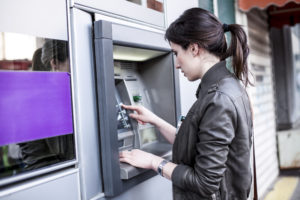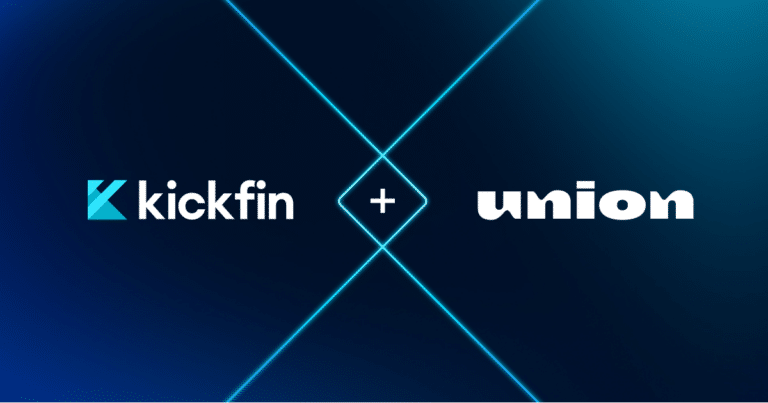If you’re one of the many restaurant owners or operators who uses prepaid cards to tip out your employees: we get it.
On the surface, prepaid cards, or pay cards, seem like a smart solution to the daily (and nightly) tip-out dilemma. Managers don’t have to acquire and distribute cash, which saves time and hassle. Plus, you’re keeping your employees safe — because no one is more vulnerable to theft than when they’re walking to their car with a pocket full of cash in the wee hours of the morning. And the biggest perk of all: you’re giving your employees instant access to the money they worked so hard to earn.
Except: you’re not.
Unfortunately, prepaid cards aren’t as simple or seamless for your employees as they may be you. What seems like a superior alternative to cash tip-outs could actually be costing your people a sizeable chunk of their earnings — and creating other unintended consequences — every time you load up and hand out a card.
Here are four reasons why prepaid cards could be making life harder for your staff.
1. Hidden fees
It’s not an exaggeration to say that prepaid cards are predatory. Prepaid cards come with a slew of fees that will add up incredibly fast when your people try to use their cards. Want to make a purchase? Check your balance? Withdraw cash? It’s not uncommon for people to be hit with fees for all of the above.
Depending on the card or vendor you choose, hidden fees can include:
Transaction fees: Transaction fees for prepaid cards may include a monthly fee or per-purchase fee; ATM withdrawal fees; and cash reload fees.
Service fees: Service fees for prepaid cards may include checking your card balance at an ATM; fees charged when you call customer services; and inactivity fees.
Other fees: Again, depending on the card or vendor, your employees could run into miscellaneous fees listed within the “fine print.”
Suffice it to say, when restaurant employees attempt to use prepaid cards, they’re likely losing valuable dollars they’ve earned. And while that’s frustrating for everyone involved, it could lead to an even bigger problem for your restaurant — because your people could start looking for a new employer in our competitive gig economy, where they’ll get immediate access to their earnings without having to pay for it.

2. Long transfer times
The hospitality workforce has been overtaken by millennials, and their Gen Z successors aren’t too far behind. This 35-and-under crowd has a deep affinity for all things automation. That’s especially true for monotonous, unpleasant tasks…like paying bills.
You’d be hard-pressed to find a millennial who doesn’t have at least one of their utilities or subscriptions (power, phone, gas, cable, Netflix…) set to auto-pay, so that payment is pulled directly from their bank accounts on a monthly basis.
That can be a problem if you’re living paycheck-to-paycheck and you’re not getting access to your tips after your shifts. Unfortunately, “instant” pay cards aren’t a solution. Not only can it take 2-4 full business days to transfer and receive funds from your card to your bank account — but your employees will often run into fees for attempting to do so. It’s yet another inconvenience for your people (and another way pay cards make their money).
3. Low vendor acceptance
Prepaid cards are different than debit or credit cards. Again, it depends on the card you’re using — but it’s not unusual for prepaid cards to get turned down by specific types of vendors. In other words: prepaid cards may not be accepted everywhere your employees wish to spend their money.
It seems people run into the most issues with travel-related vendors — like car rental services. According to Chime, vendors that typically put holds on cards may be less inclined to accept a prepaid card, as they don’t come with a name or expiration date.
4. Fewer regulations
It’s no secret that checking accounts and credit cards are highly regulated to protect consumers from fraud and loss. Until this year, prepaid cards weren’t afforded the same protections.
Fortunately, in April 2019, a new Consumer Financial Protection Bureau rule extended some of the existing checking account and credit card regulations to prepaid accounts — but there are several caveats.
For example, in order to be covered by several of the new protections, users must register their cards. If your restaurant employees neglect to register their card (typically through an online form), then they won’t have the right to dispute fraudulent charges or get reimbursed following loss or theft.
Another catch: in the event of unauthorized charges, prepaid card users are required to pay the first $50, and if they don’t report the unauthorized charges within two days of the activity, that number can go up.
Without question, restaurants that use prepaid cards as a tip-out solution have only the best intentions — and they may be saving their managers the time and hassle of dealing with cash. But the hidden issues that come with prepaid cards make them less than ideal for your employees — and ultimately, it could cost you your best people.
Here’s the good news: with Kickfin, you can deliver your employees’ tips directly to their bank accounts in real time — with complete transparency, and no hidden fees. Get a demo today!





